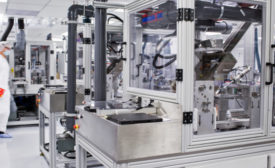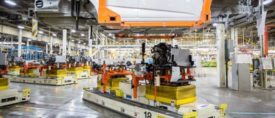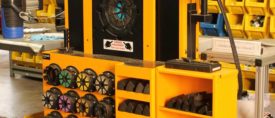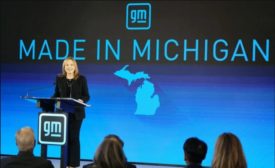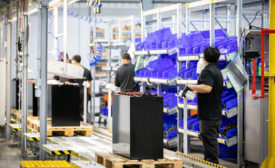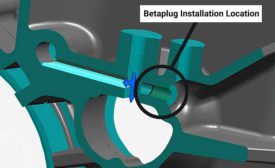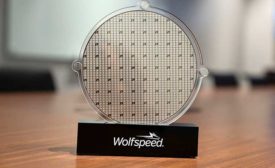Automotive Assembly
Buoyed by efforts to boost domestic production of EVs and electronics, manufacturers are investing in their assembly operations.
Read More
Conveyor-Less Micro Factories for Urban Car Production
Automakers don’t need conveyors to transport vehicles on assembly lines - the vehicles can move themselves.
November 28, 2022
Smart Factories: Here and Now
Highly automated smart factories are no longer a pie in the sky concept.
November 23, 2022
Never miss the latest news and trends driving the manufacturing industry
Stay in the know on the latest assembly trends.
JOIN TODAY!Copyright ©2024. All Rights Reserved BNP Media.
Design, CMS, Hosting & Web Development :: ePublishing


